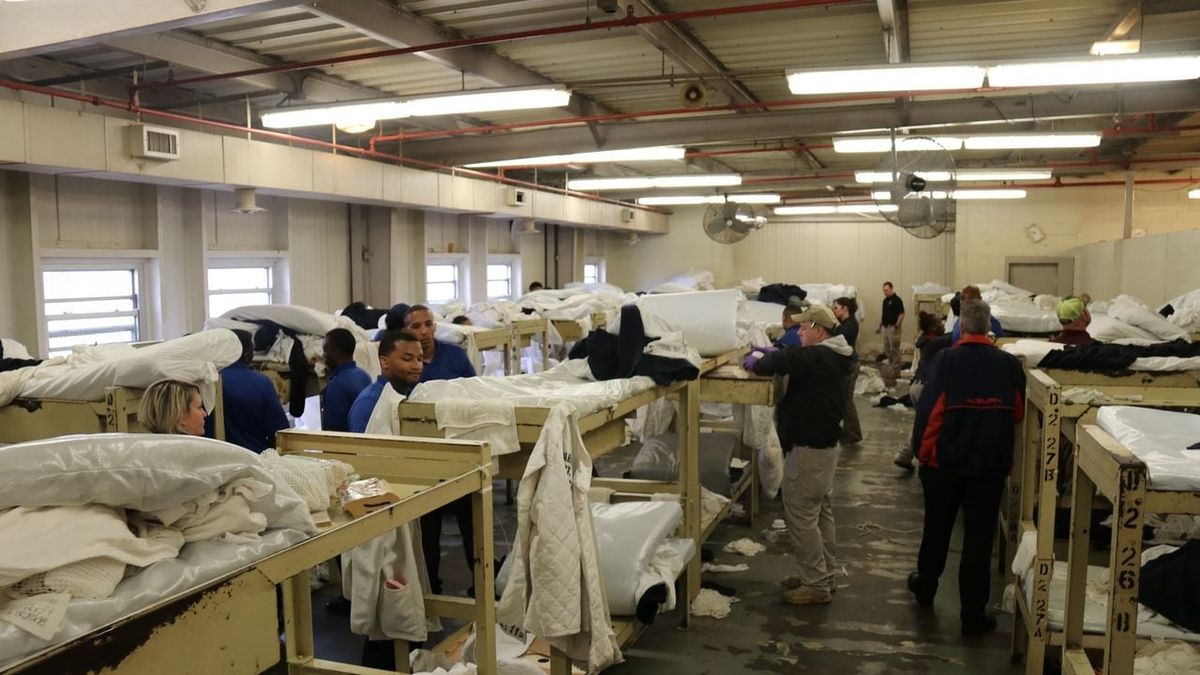
The Alabama prison system, ensnared in a crisis of formidable magnitude, is buckling under the weight of drug-related issues. A recent report, jointly published by the Alabama Sentencing Commission and the Alabama Bureau of Pardons and Paroles, paints a grim picture of a system in dire straits. It reveals that an estimated 80% to 90% of felony cases have roots in drug-related activities, either with individuals committing crimes under the influence or resorting to crime to finance their drug purchases.
Substance abuse is not just facilitating the inflow of prisoners; it’s also obstructing their outflow. It has emerged as a prime contributor to parole revocations, exacerbating the already stretched capacities of the prisons. Moreover, the presence of drugs within prison walls has given birth to a sinister ecosystem, fostering sexual abuse, escalating violence, incurring debts, and even leading to death. The rate of death in prison, alarming in itself, overshadows the national average.
The U.S. Department of Justice: A Critical Eye on Alabama’s Corrections
The U.S. Department of Justice has not been silent on this crisis. It has lambasted the Alabama Department of Corrections for its glaring inability to stem the flow of drugs into the prisons, a failure that has severe ramifications for the inmates. Sadly, amidst this widespread drug addiction, effective treatment methods remain conspicuously absent. A meager 10% of inmates suffering from substance abuse disorders manage to receive medical treatment, leaving the vast majority to grapple with their afflictions sans proper medical care.
While drug addiction is a pandemic affecting all demographics, the realities for those who can and cannot afford private treatment are starkly contrasting. The cost of drug rehabilitation, prohibitively expensive for many in Alabama—one of the poorest states in the U.S.—only further amplifies this disparity. Very few facilities offer free treatment, leaving those unable to foot the bill to face the horrors of prison life.
Overcrowded Prisons and Ineffective Policies
Operating at a staggering 168% capacity, Alabama’s prisons are ticking time bombs. Overcrowding has only served to intensify the violence and scarcity of rehabilitative aid. The state’s approach to drug-related crime—characterized by harsh sentences and limited parole—has come under fire. Critics decry it as inhumane, costly, and largely ineffective in reducing crime and recidivism.
This post was originally published on this site be sure to check out more of their content.









